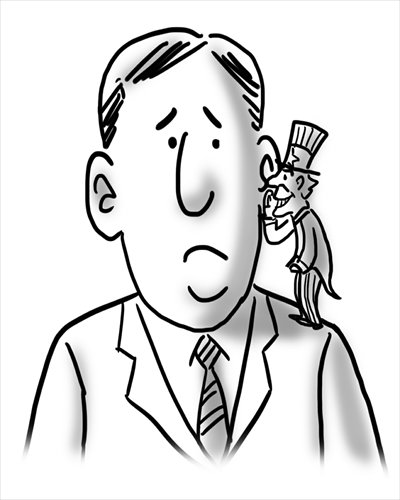China-Laos ties unlikely to be disrupted

Illustration: Shen Lan/GT
US Secretary of State John Kerry visited Laos last week, drawing attention from global media.
The visit came at a special time. On January 22, the Lao People's Revolutionary Party elected its new leadership and mapped out the direction for national development. In terms of diplomacy, Laos is the 2016 chair of the ASEAN and will host the grouping's summit in April, the first such meeting after the ASEAN Economic Community was established. Besides, the US-ASEAN summit will be held at Sunnylands in southern California on February 15-16 and afterward US President Barack Obama will visit Laos and attend the ASEAN summit, the first US president ever to visit the country.
Kerry's trip has explicit political goals. He intended to solicit Laos to act over regional issues such as the South China Sea disputes. He told reporters that Lao leaders wanted to avoid militarization and conflict and wanted maritime rights protected.
In fact, before Kerry kicked off his visit, Washington had already started to beat the drum for him. On January 22, Assistant Secretary Daniel Russel said at the National University of Singapore that the US is institutionalizing the rebalance to the Asia-Pacific and wants to be Southeast Asia's economic and security partner. Regardless of who wins the US presidential election, US attention to the Asia-Pacific will endure.
Kerry's visit marks neither the first nor last time that the US has wooed ASEAN nations against China. But the actions may not achieve as desirable effects as Washington has expected.
In cozying up to these nations, Washington doesn't apply smart techniques. While Kerry stressed the consensus with Laos over the South China Sea, the Lao side didn't have any coverage or response. And Kerry's leverage is not enticing enough. The US' offer to help Laos in dealing with unexploded ordnance primarily reminds people of who laid the ordnance.
From the perspective of Laos, the US overtures don't always work out well. Differences in political systems and ideologies make the US an untrustworthy friend for Laos. During the latest visit, Kerry didn't forget to bring up human rights issues for Laos, which may stir up the vigilance of Lao authorities.
Besides, Laos has a clear understanding of its own interests. As a landlocked country, Laos doesn't have any direct interest in the South China Sea and hence has maintained neutrality. Among the least developed countries globally, Laos wants to promote economic and social development and improve the well-being of its people. This conforms to China's interests and the direction of China-Laos relations.
Sino-Lao cooperation has provided many dynamics for Laos' development in recent years and had two remarkable events last year. In November, China launched a communication satellite for Laos from the Xichang Satellite Launch Center in Sichuan Province. In the same month, a railway that would connect Laos and China started construction on the 40th anniversary of the establishment of the Lao People's Democratic Republic.
Besides, the strategic connections of the two countries proceed smoothly. China has made many efforts to help Laos develop hydro power. In late November, Laos' northern 230 KV grid, one of the bilateral cooperation projects, was put into operation in Luang Prabang.
These cooperation projects demonstrate the development of the Sino-Lao comprehensive strategic partnership and that China is growing an increasingly solid community of common destiny with ASEAN countries including Laos. The good-neighborly relations are unlikely to be disrupted by others with a Cold War mentality.
The author is an assistant research fellow at the China Institute of International Studies. opinion@globaltimes.com.cn